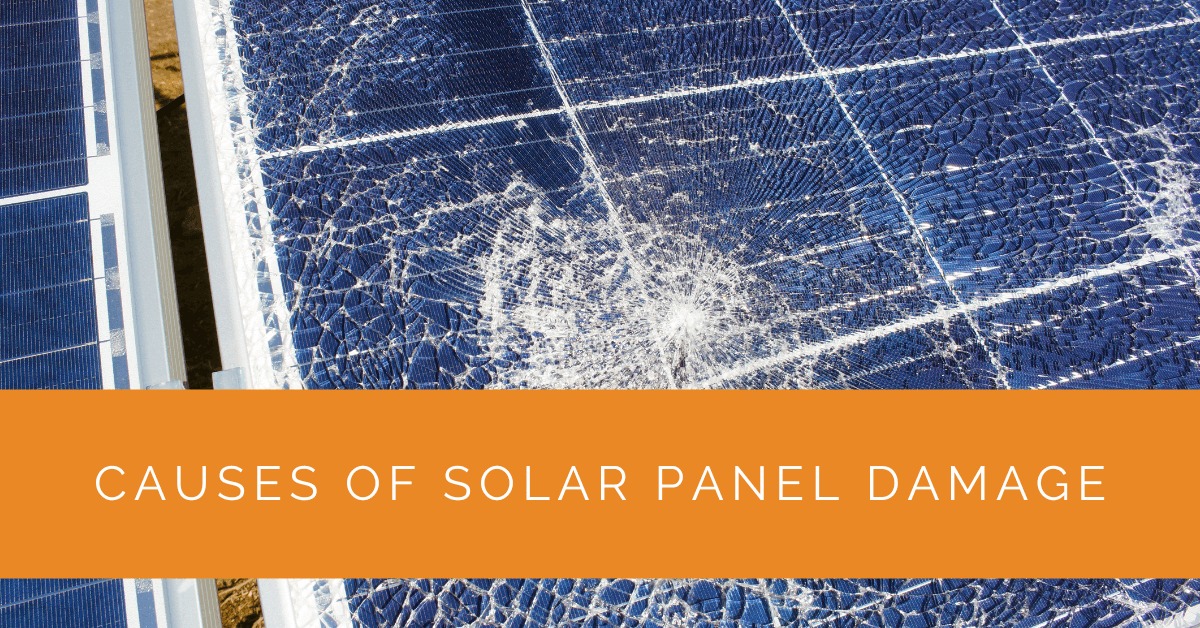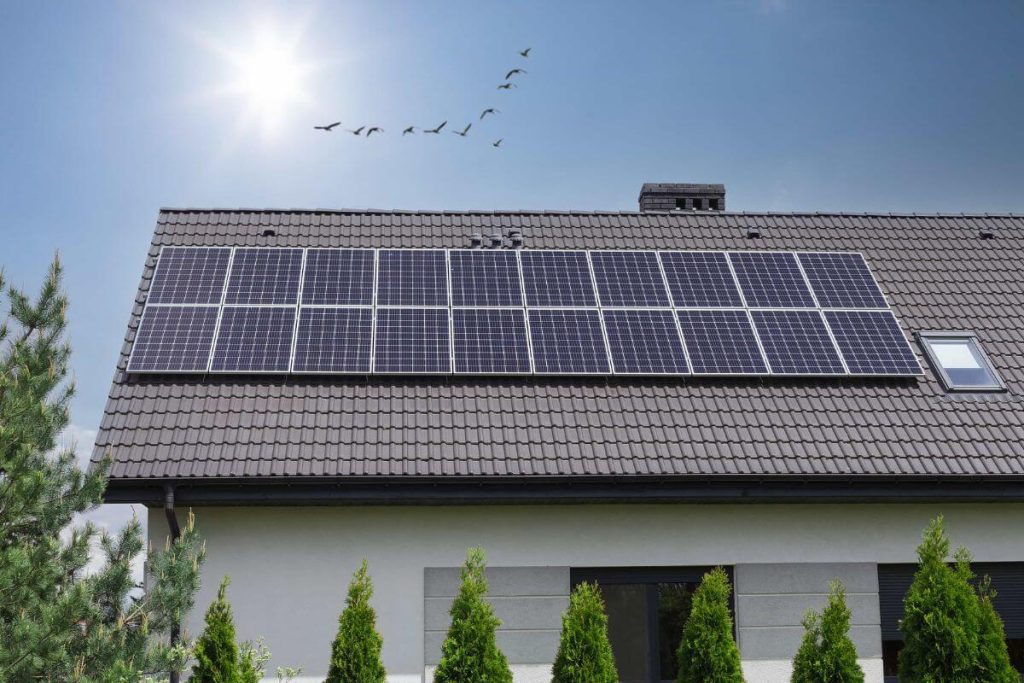

Solar panels underproducing power is a frustrating experience for homeowners relying on renewable energy. This in-depth guide delves into the various factors contributing to reduced solar panel performance, providing you with actionable steps and expert insights for troubleshooting and optimizing your energy generation. We’ll cover everything from common issues to advanced diagnostic techniques, helping you understand the science behind solar panel output. This article is structured to guide you through the various potential problems, offering solutions and practical steps to take for boostd efficiency. In this thorough breakdown, we will investigate common culprits, offer troubleshooting tips, and offer expert strategies to restore peak performance.
determineing the Root Causes of Reduced Solar Panel Output
Understanding Solar Panel Performance
Solar panels convert sunlight into electricity, with efficiency levels varying depending on factors like sun exposure, panel type, and ambient conditions. When solar panels underproduce, there’s a mismatch between the anticipated and observed power output. This discrepancy can arise from numerous factors, making diagnosis crucial. Understanding these root causes is paramount to effective troubleshooting.
Environmental Factors
Weather conditions, particularly shading, play a significant function in solar panel performance. Trees, buildings, or even snow can cast shadows, reducing the sunlight hitting the panels. Dust accumulation can also hinder light absorption, diminishing the panel’s energy output. Over time, dirt and grime can reduce the efficiency of solar panels. Regular cleaning can drastically boost the system’s output.
Inspecting for Physical Obstructions
Related Post : Electric Bills Keep Rising? Hidden Home Issues You Might Be Missing
Shading Issues
One significant cause of reduced output is shading. This occurs when any object blocks the direct sunlight from reaching the solar panels. Even partial shading can drastically reduce energy production, so it’s crucial to thoroughly inspect your system for potential obstructions. Examine the area surrounding the panels for overhanging branches, adjacent structures, or other objects that might be casting shadows.
Panel Alignment
Incorrect panel alignment can significantly reduce solar panel performance. Optimal alignment maximizes the amount of direct sunlight hitting the panels throughout the day. A slight misalignment can lead to a noticeable difference in energy output. Ensure the panels are correctly angled and oriented to capture the most sunlight possible.
Physical Damage or Degradation
Physical damage to solar panels, such as cracks, dents, or punctures, can also negatively impact efficiency. Over time, extreme temperatures or environmental elements can cause degradation. Conduct a visual inspection of your panels for any visible signs of damage or wear and tear. Early detection is key.
Checking Electrical Connections and Wiring
Faulty Wiring or Connections
Faulty wiring or connections are another common reason for solar panels underproducing power. Loose connections, corroded wires, or damaged wiring can disrupt the flow of electricity, hindering the panels’ output. Regular checks of these connections can help determine potential problems. Verify that all connections are secure and complimentary of corrosion.
Inverter Issues
The inverter plays a crucial function in converting direct current (DC) electricity generated by the solar panels into alternating current (AC) electricity that can power your home. Malfunctioning inverters can disrupt the energy flow, affecting overall production. Testing and maintenance of the inverter can help pinpoint any potential issue. Consider scheduling regular maintenance checks by a qualified professional.
Monitoring and Tracking
Solar panel monitoring systems can be immensely helpful in diagnosing potential issues. They track energy production, highlighting periods of reduced performance. The data from monitoring systems offer crucial insights into system efficiency, determineing patterns and potential problems. Utilize monitoring systems to closely track your solar panel system’s performance over time.
Addressing Environmental Conditions and System Parameters
Weather Impacts
Varied weather conditions can influence solar panel performance. Significant cloud cover, heavy rain, or hailstorms can interrupt the light reaching the panels, outcomeing in lower energy output. During these times, energy production will naturally decrease. Understand that weather-induced fluctuations are normal in solar energy generation.
Panel Orientation and Tilt
Proper panel orientation and tilt angles are vital for maximizing energy capture throughout the day. Adjustments to these factors may be necessary depending on your geographic location and the orientation of the solar panels. Ensure the panels are optimally angled to capture maximum sunlight throughout the day. This could mean adjusting the panels’ tilt or even re-orienting their direction slightly.
Panel Cleaning
Routine cleaning of solar panels is essential to maintain maximum efficiency. Dust, debris, and other contaminants can accumulate on the panel surfaces and reduce their ability to absorb sunlight. Regular cleaning can dramatically improve energy production. Use a soft brush or a gentle cleaning solution to remove any contaminants.
Troubleshooting and Maintenance
System Diagnostics
Employing a systematic approach to diagnostics is crucial for determineing the root cause. Thoroughly investigate the operational facets of the system. Visual inspections of the system can reveal many problems. Start with the most obvious culprits before proceeding to more intensive checks.
Professional Assessments
When faced with persistent issues, it’s advisable to consult a qualified solar professional. They can conduct thorough diagnostics, determine complex system issues, and implement appropriate solutions. Engaging a professional ensures that you address the issue effectively and avoid potential risks.
System Maintenance Schedule
Establish a regular maintenance schedule for your solar panel system. Regular checks will facilitate early detection of any anomalies or potential issues. Preventative maintenance will help to preserve the efficiency of the entire system.
In conclusion, solar panel underproduction can stem from various factors, from faulty components to environmental conditions. By understanding the potential causes and knowing how to conduct thorough checks, you can diagnose issues quickly and efficiently, maximizing your solar panel system’s output and energy generation. Regular maintenance and a keen eye for any performance deviations are crucial for optimal solar panel performance. Don’t hesitate to consult a qualified solar professional if you suspect underlying issues with your system. Contact us today for a complimentary consultation! Contact us at [Phone Number] or visit our website [Website Address] to learn more.